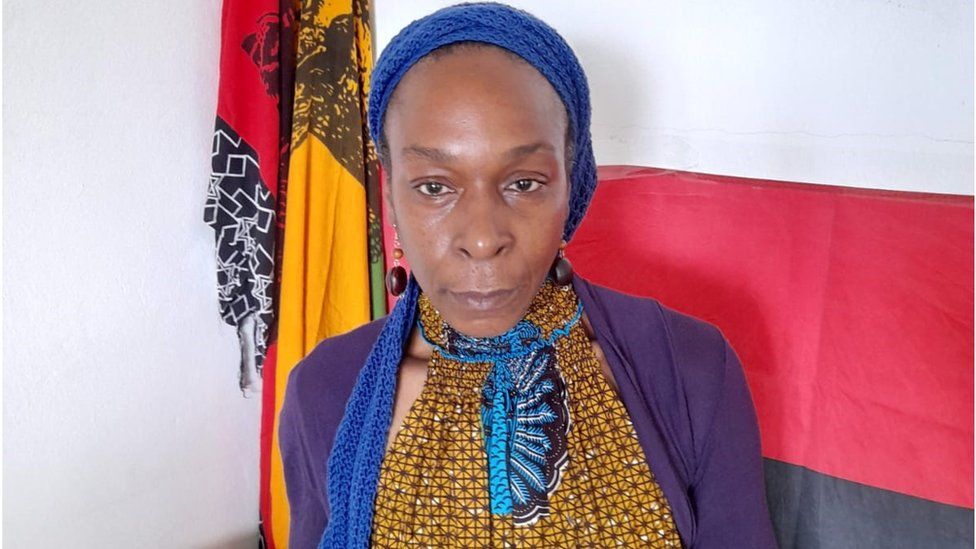‘Humiliated’ Rastafarian woman forced to sit naked in police cell after wrongful arrest wins £45,000 payout
Yvonne Farrell says officers failed to respect her religion after she was put in a cell, stripped and not given appropriate clothes replacements

Your support helps us to tell the story
From reproductive rights to climate change to Big Tech, The Independent is on the ground when the story is developing. Whether it's investigating the financials of Elon Musk's pro-Trump PAC or producing our latest documentary, 'The A Word', which shines a light on the American women fighting for reproductive rights, we know how important it is to parse out the facts from the messaging.
At such a critical moment in US history, we need reporters on the ground. Your donation allows us to keep sending journalists to speak to both sides of the story.
The Independent is trusted by Americans across the entire political spectrum. And unlike many other quality news outlets, we choose not to lock Americans out of our reporting and analysis with paywalls. We believe quality journalism should be available to everyone, paid for by those who can afford it.
Your support makes all the difference.A Rastafarian woman who sat naked in a police cell for three hours after her wrongful arrest says she was humiliated by Hertfordshire Constabulary officers.
Yvonne Farrell was detained and taken to a police station after sitting on top of her partner’s car as bailiffs tried to tow it away in August 2018.
She was taken to a cell where CCTV monitors detainees at all times when she refused to give her name.
It was then that she was asked to remove her clothes and given a “crop top” and “hot pants” as a replacement.
According to the Rastafari religion, women should dress modestly with longer, baggy clothing. Ms Farrell says the officers in question failed to understand and respect this.
“I could have been a Jewish woman,” she said. “I could have been a Muslim woman.”
“To me that looked like a teenager’s outfit. That just shows they wanted to humiliate me - they did humiliate me,” she said.
She added: “I’m a 50-plus-year-old woman and a Rastafarian. Where are they going, giving me those items of clothing? I called them back and I said, ‘Listen, this is not suitable clothing.’”
Police rules state that officers can remove a detainee’s clothing if they believe items could be used to cause injury, damage property, interfere with evidence or escape.
Ms Farrell said the officers told her they were taking her clothes because she would not tell them who she was.
“[They said] ‘We don’t know anything about you, so you can harm yourself. So with that, we’re going to take your clothes.’ That was the excuse that they gave. It’s not good enough.”
Ms Farrell later sued for wrongful arrest. She received an apology and £45,000 in compensation.
Hertfordshire Constabulary initially rejected the complaint by Ms Farrell. She then hired solicitor Iain Gould, who specialises in claims against the police and the force apologised.
In it a statement the force did not address Ms Farrell’s claim that she sat naked in a cell.
The statement said: “The fair treatment of people detained in custody in Hertfordshire is very important. Following a review of the circumstances we accepted that, regrettably, we didn’t get everything right on this occasion four years ago.
“We were in regular contact with the complainant’s legal team throughout and the force agreed to settle the matter in recognition of the distress caused. The matter was settled amicably.”
Sir Peter Fahy, the former chief of Greater Manchester Police, said the case of Ms Farrell needs to be studied so that officers can gain a greater understanding of how to police minorities.
“There needs to be a wider examination of how current structures and working practices shape police culture and how minorities - and sadly many women - are treated,” he said.
Join our commenting forum
Join thought-provoking conversations, follow other Independent readers and see their replies
Comments